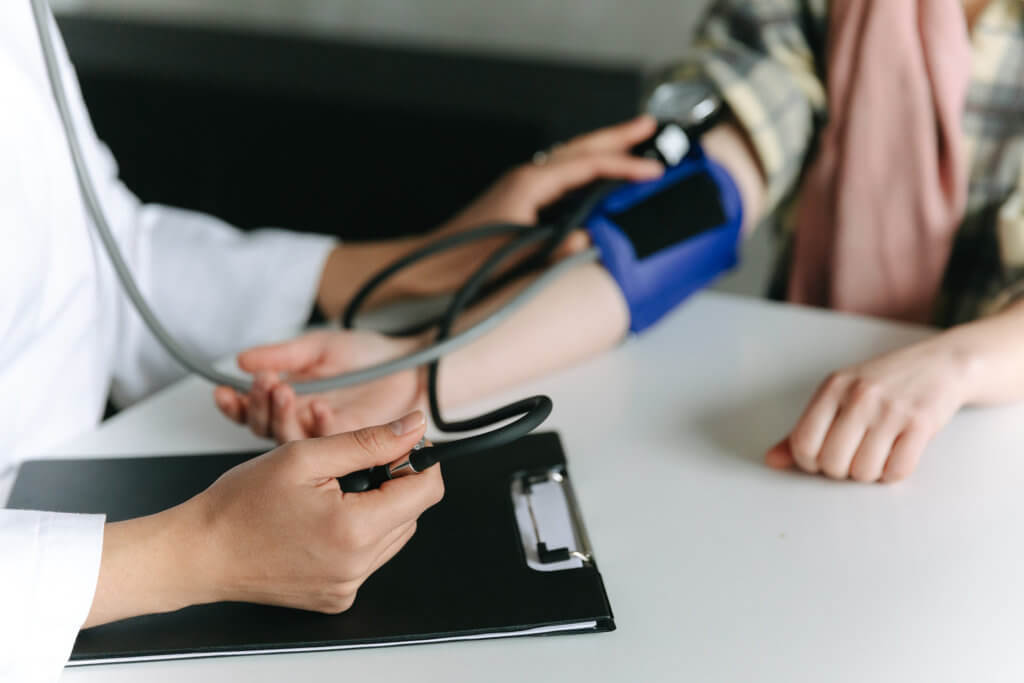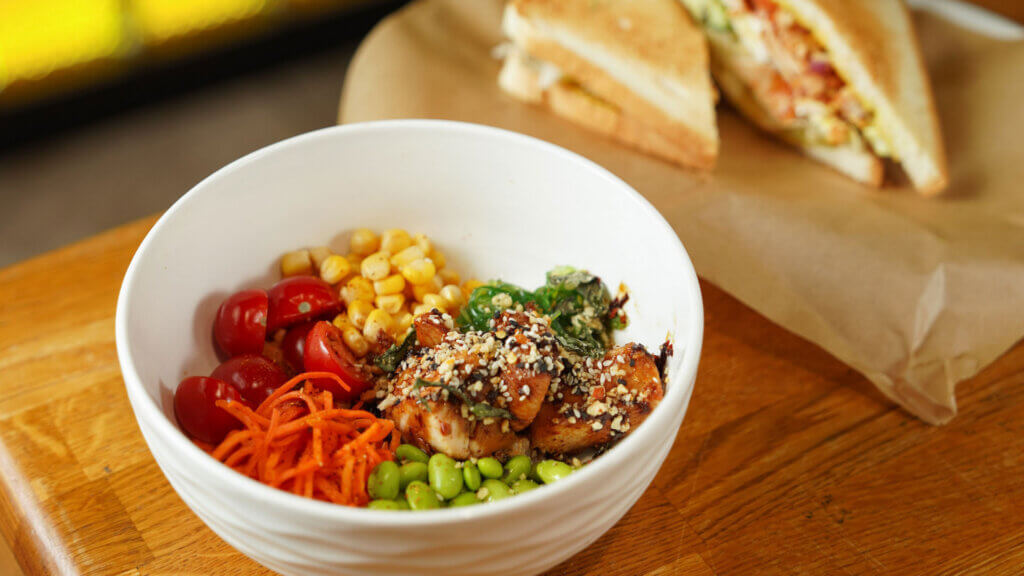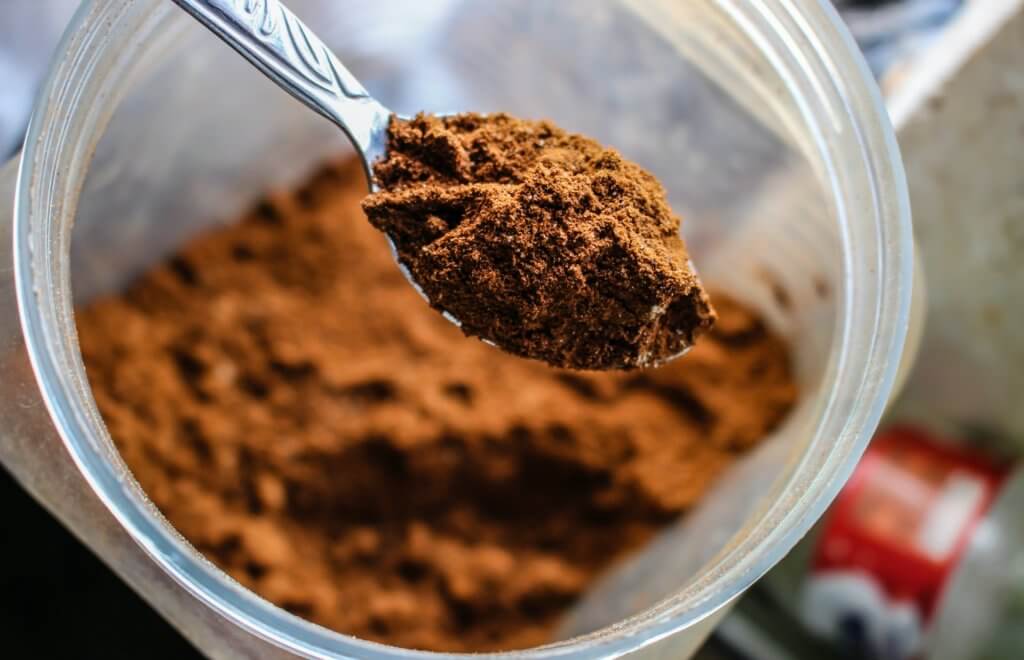Hypertension, or high blood pressure, is a common health condition that affects millions of people worldwide. It occurs when the force of blood against the walls of the arteries is consistently too high, putting strain on the cardiovascular system. Diet plays a significant role in managing hypertension, and certain foods can have a detrimental impact on blood pressure levels. In this article, we discuss the importance of managing hypertension through dietary choices and highlight foods that are best avoided for better blood pressure control.
The Role of Diet in Hypertension
Dietary habits directly influence blood pressure, making it crucial to pay attention to the foods we consume. A balanced and heart-healthy diet can help manage hypertension effectively. The Dietary Approaches to Stop Hypertension (DASH) diet, for instance, emphasizes fruits, vegetables, whole grains, lean proteins, and low-fat dairy products while limiting sodium, saturated fats, and added sugars. By adopting such dietary principles, individuals with hypertension can take proactive steps towards controlling their blood pressure levels.
Foods to Avoid for Better Blood Pressure Control
- High-Sodium Foods: Sodium is a major culprit when it comes to raising blood pressure levels. It is essential to reduce the consumption of high-sodium foods, such as processed meats (sausages, bacon), canned soups, fast foods, frozen meals, and salty snacks (chips, pretzels). These items often contain excessive amounts of sodium, which can contribute to fluid retention and increased blood pressure.
- Processed and Fast Foods: Processed and fast foods are typically high in unhealthy fats, sodium, and added sugars. These include items like hamburgers, fried chicken, French fries, pizza, sugary drinks, and desserts. These foods not only contribute to weight gain but can also elevate blood pressure levels due to their negative impact on cardiovascular health. Opt for homemade meals with fresh, whole ingredients whenever possible.
- High-Fat Dairy Products: Full-fat dairy products, such as whole milk, cheese, and butter, can contain high levels of saturated fats. These fats can contribute to inflammation and negatively affect heart health, potentially increasing blood pressure. Choose low-fat or fat-free dairy alternatives or opt for healthier options like unsweetened almond milk or Greek yogurt.
- Caffeine and Alcohol: While moderate consumption of caffeine and alcohol may not pose significant risks for everyone, excessive intake can elevate blood pressure levels. Caffeine can temporarily raise blood pressure, so it’s advisable to limit consumption from sources like coffee, energy drinks, and certain teas. Similarly, excessive alcohol consumption can lead to long-term hypertension. If you choose to drink alcohol, do so in moderation (up to one drink per day for women and up to two drinks per day for men).
- Added Sugars: Foods and beverages high in added sugars, such as sugary sodas, candies, pastries, and sweetened cereals, can negatively impact blood pressure and overall health. High sugar intake can contribute to weight gain, insulin resistance, and inflammation, all of which can increase the risk of developing hypertension. Opt for naturally sweetened options like fresh fruits or use alternatives like stevia or honey in moderation.
- High-Processed and Refined Grains: Processed and refined grains, such as white bread, white rice, and most commercially produced breakfast cereals, have undergone extensive processing, resulting in reduced nutrient content and a higher glycemic index. These foods can contribute to insulin resistance, weight gain, and elevated blood pressure. Instead, choose whole grains like whole wheat bread, brown rice, quinoa, and oatmeal, which offer more nutrients and fiber.
It’s important to note that dietary changes alone may not always be sufficient to control hypertension. It is recommended to consult with a healthcare professional or a registered dietitian who can provide personalized guidance based on individual health needs.
In Conclusion
Managing hypertension requires a comprehensive approach, and dietary modifications play a significant role in blood pressure control. By avoiding high-sodium foods, processed and fast foods, high-fat dairy products, excessive caffeine and alcohol, added sugars, and high-processed grains, individuals with hypertension can take active steps towards better blood pressure management. Embracing a balanced diet rich in fruits, vegetables, whole grains, lean proteins, and low-fat dairy, as recommended by the DASH diet, can further contribute to heart health and overall well-being. Remember, making these dietary changes, combined with regular physical activity and ongoing medical guidance, can significantly improve blood pressure control and promote a healthier life.



